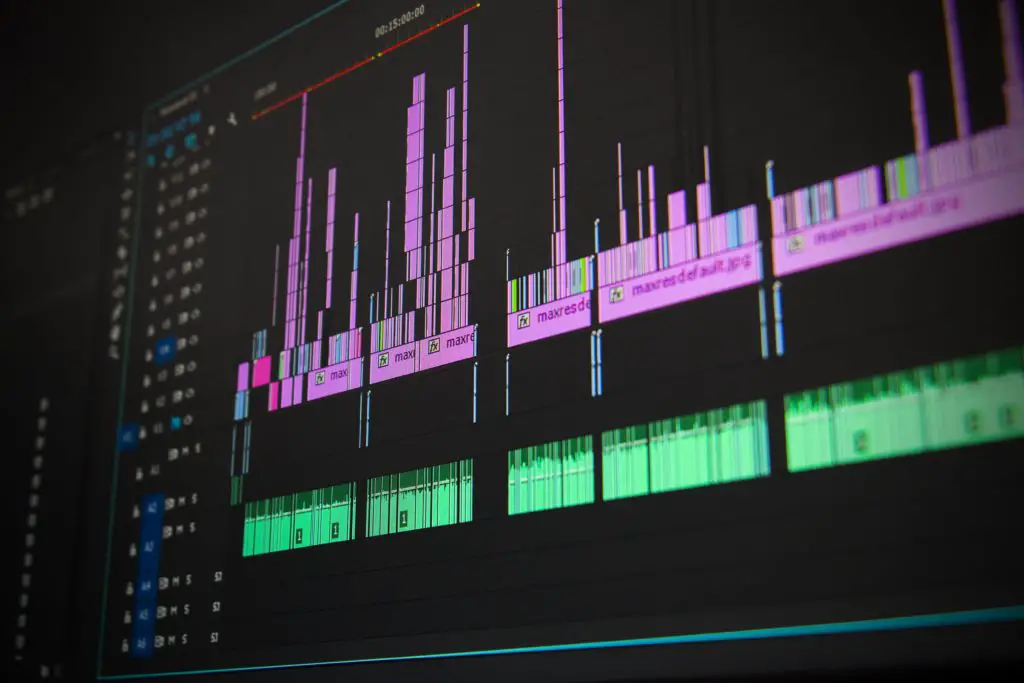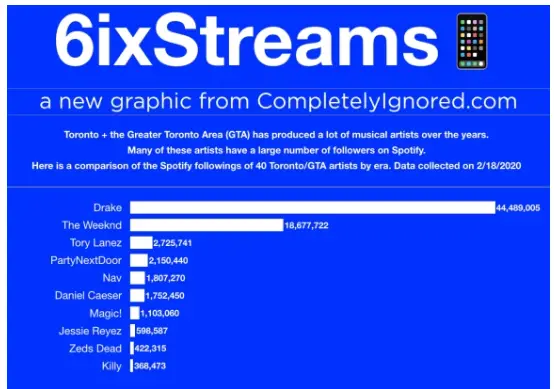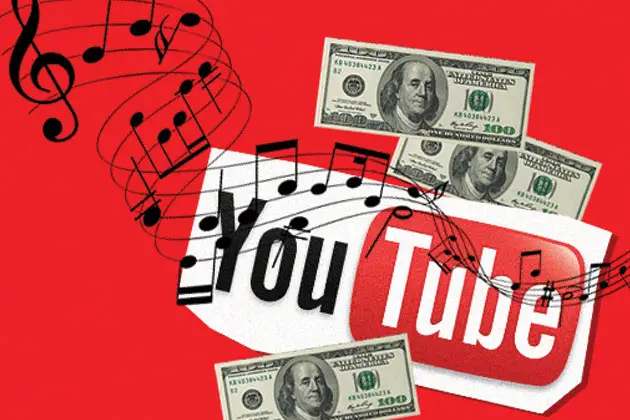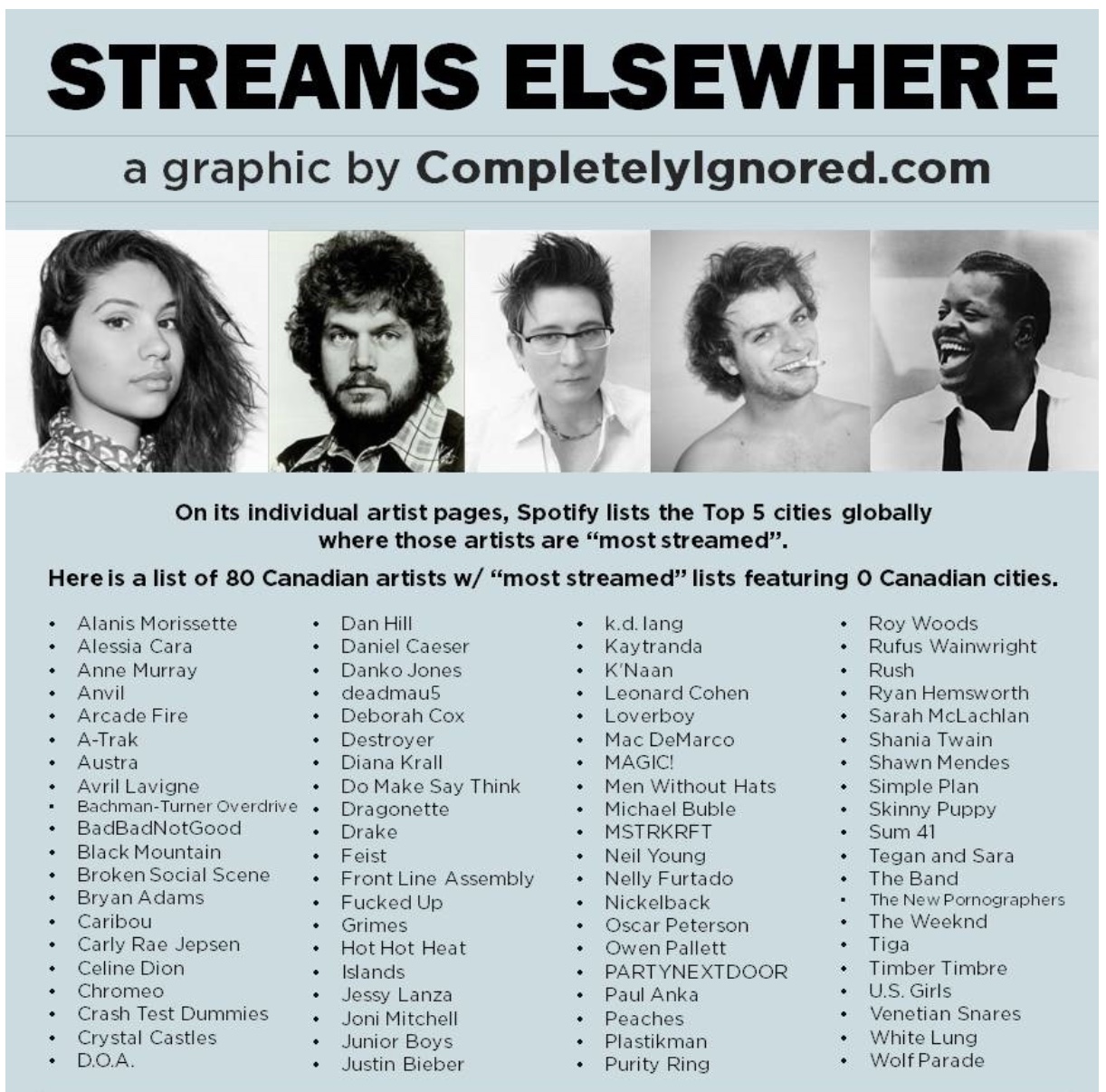
Stream manipulation: The new payola. This is bad.
One of the important things an artist, a manager, and a label can get back from a streaming platform is data. How many streams to the songs get? How many people skip those songs. After how long? Where are these listeners located? Which songs are saved to devices the most? This information can be used to fine-tune the trajectory of a song and an artist’s career.
But what if that data isn’t correct? This is a big concern within the industry as more people engage in what’s known as “stream manipulation.” For a fee, certain individuals and companies will goose the streams of your song in artificial ways, distorting the truth about a song’s performance, given it unearned extra exposure and thus driving more revenue.
Basically, it’s a digital version of payola. Rolling Stone reports:
To the uninitiated, people who work in streaming promotion might as well speak another language. They praise “save rates” (a valuable sign of listener investment that occurs when a user hears a song and adds it to their personal library or playlist) and “premium” plays (these come from paying subscribers and are weighted more heavily in the charts than clicks from free users), and often use terms like “activate the algorithm.”
But despite the new vocabulary, digital marketers say that some streaming manipulation resembles old-school radio payola: Third parties build or gain control of playlists or networks of playlists on a platform like Spotify and then accept payment from artists or their teams for placing songs in those lists. (Though unlike payola, there is no FCC regulation of streaming manipulation.)
So how is this achieved? Keep reading.



